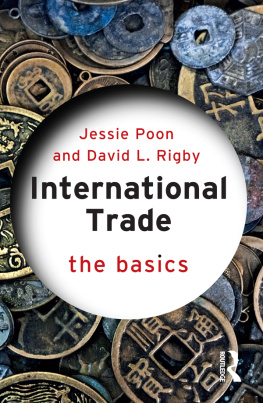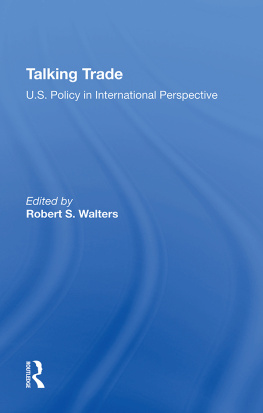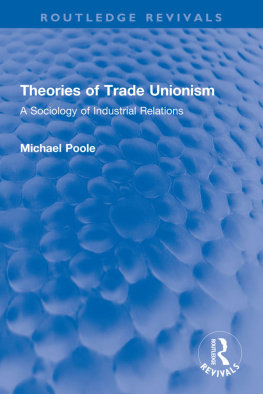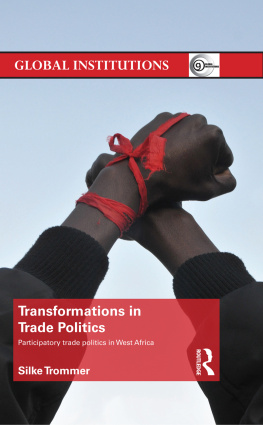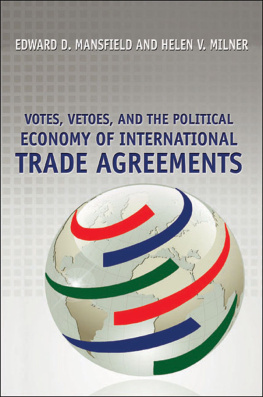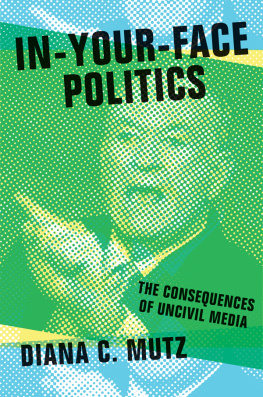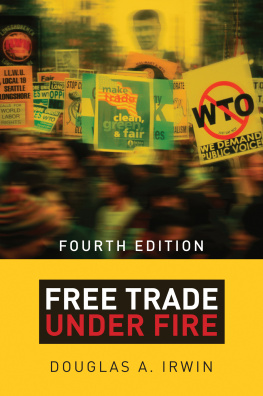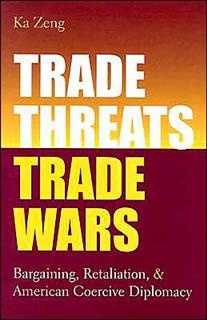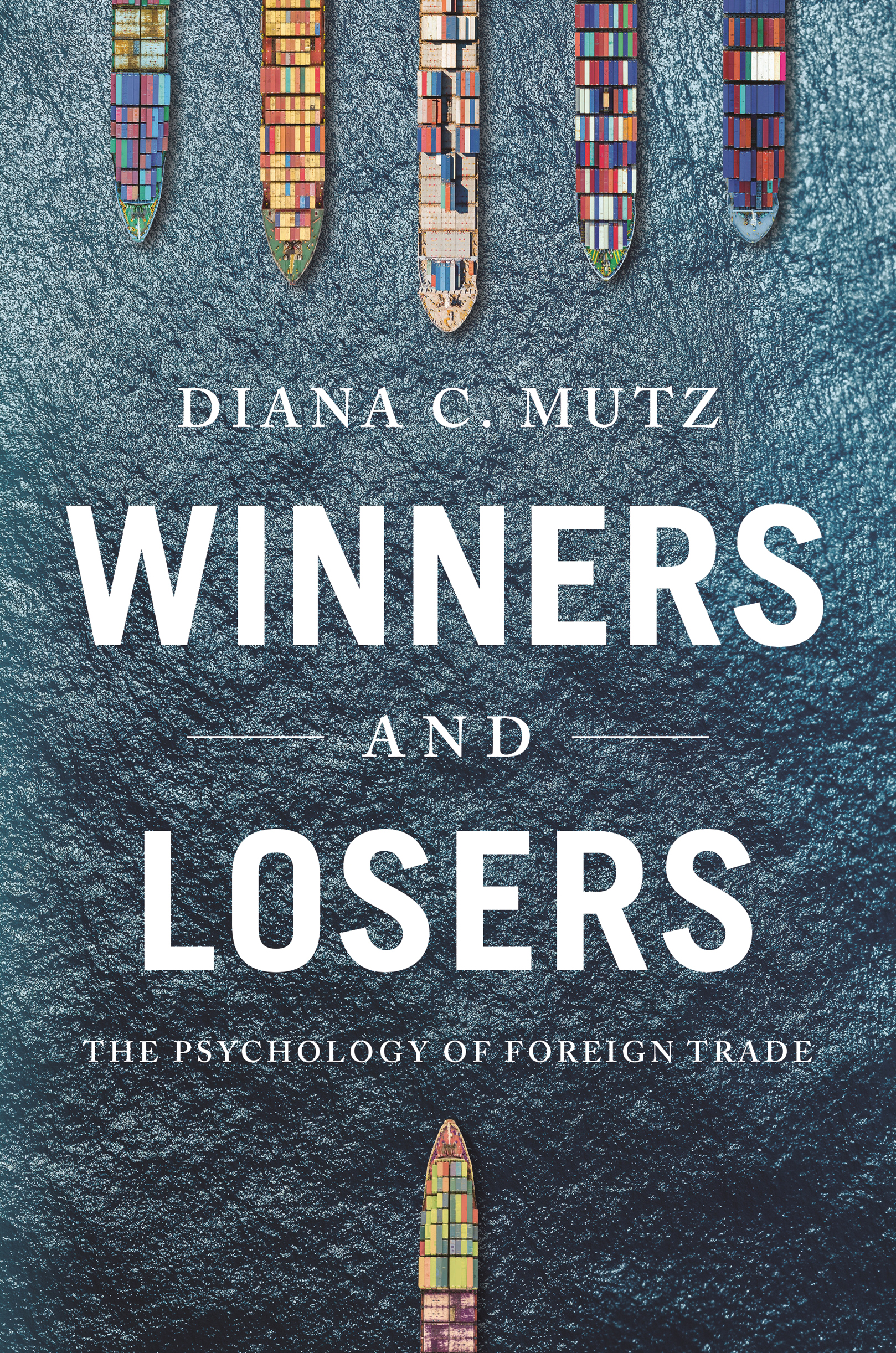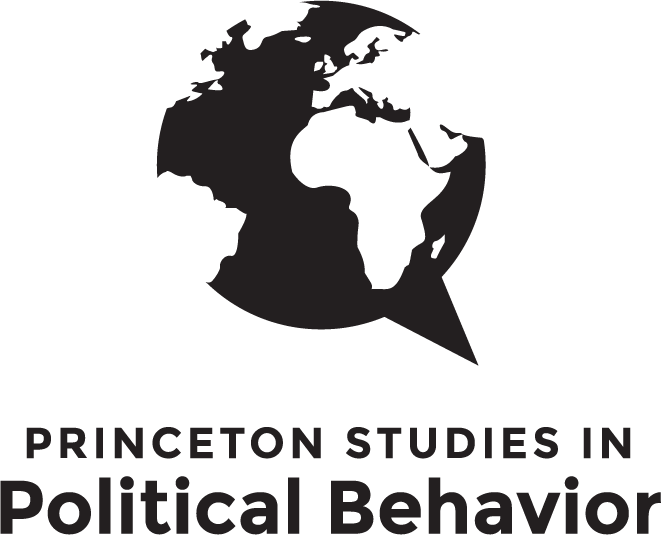
Tali Mendelberg, Series Editor
Winners and Losers: The Psychology of Foreign Trade, Diana C. Mutz
The Autocratic Middle Class: How State Dependency Reduces the Demand for Democracy, Bryn Rosenfeld
The Loud Minority: Why Protests Matter in American Democracy, Daniel Q. Gillion
Steadfast Democrats: How Social Forces Shape Black Political Behavior, Ismail K. White and Chryl N. Laird
The Cash Ceiling: Why Only the Rich Run for OfficeAnd What We Can Do about It, Nicholas Carnes
Deep Roots: How Slavery Still Shapes Southern Politics, Avidit Acharya, Matthew Blackwell, and Maya Sen
Envy in Politics, Gwyneth H. McClendon
Communisms Shadow: Historical Legacies and Contemporary Political Attitudes, Grigore Pop-Eleches and Joshua A. Tucker
Democracy for Realists: Why Elections Do Not Produce Responsive Government, Christopher H. Achen and Larry M. Bartels
Resolve in International Politics, Joshua D. Kertzer
Winners and Losers
The Psychology of Foreign Trade
Diana C. Mutz
PRINCETON UNIVERSITY PRESS
PRINCETON AND OXFORD
Copyright 2021 by Princeton University Press
Princeton University Press is committed to the protection of copyright and the intellectual property our authors entrust to us. Copyright promotes the progress and integrity of knowledge. Thank you for supporting free speech and the global exchange of ideas by purchasing an authorized edition of this book. If you wish to reproduce or distribute any part of it in any form, please obtain permission.
Requests for permission to reproduce material from this work should be sent to
Published by Princeton University Press
41 William Street, Princeton, New Jersey 08540
6 Oxford Street, Woodstock, Oxfordshire OX20 1TR
press.princeton.edu
All Rights Reserved
ISBN 978-0-691-20303-4
ISBN (pbk.) 978-0-691-20302-7
ISBN (e-book) 978-0-691-20304-1
Version 1.0
British Library Cataloging-in-Publication Data is available
Editorial: Bridget Flannery-McCoy and Alena Chekanov
Production Editorial: Debbie Tegarden and Mark Bellis
Cover Design: Karl Spurzem
Production: Brigid Ackerman
Publicity: Kate Hensley and Kathryn Stevens
Copyeditor: Jay Boggis
Cover Credit: Shutterstock
CONTENTS
- vii
- xi
- Online Appendix: press.princeton.edu/books/winners-and-losers
FIGURES
2.1 Percent of Respondents Mentioning
Specific Reasons for Opposing Trade
PREFACE
This book was supposed to have been completed before Donald Trump took office. That book would have addressed a relatively low-profile political issue, how the mass public decides where it stands on international trade. With Trumps candidacy and subsequent election, this turned into a much larger project. By choosing foreign trade as one of his signature campaign issues, Trump raised the profile of this issue tremendously, creating turmoil in both mass opinion and elite reactions.
As a result, this topic has become far more interesting as an academic subject. It is also far more important as a political issue. Unfortunately, the dynamics of opinions toward trade also became far more puzzling after Trumps election. Had I stopped then and sent things off to press, what I had observed would have been far easier to explain. But it would not have withstood the test of time. No one wants to write a book whose theory is out of date almost immediately after it is published. So, in retrospect, the book comes closer to offering a thorough understanding of mass trade opinions as a result of having slogged through the baffling dynamics of trade opinions throughout Trumps presidency.
As someone who is not trained as an economist, I approached trade as a lay person might. I had always assumedand found to some degreethat trade opposition was borne of empathy for the victims of trade, the unfortunate people we hear about on the news whose factories are closed and livelihoods thus devastated. I say hear about on the news because most Americans are not employed in import-competing lines of work. Given that most of us are employed in non-tradable sectors of the economy, we learn about this problem through sources other than personal experience.
My own early sources of information gave me mixed feelings. I grew up in the state of Indiana at a time when the steel and automotive industries in the northern part of the state were experiencing massive layoffs. Whole communities were decimated by factory closings that were widely blamed on international trade, and particularly on competition from Japanese car manufacturers.
Many years later, as a scholar studying public opinion in American politics, my colleague Ed Mansfield re-introduced me to this interesting issue as a topic of academic research. What surprised me most was how differently international relations scholars and students of American politics viewed the publics knowledge about trade and the likely bases of their policy attitudes. The kinds of calculations political economists attributed to average Americans did not mesh well with what I knew about levels of voter knowledge or the usual bases for forming opinions on policy issues. International relations scholars clearly had a lot more faith in the expertise of the mass public than scholars of American politics did. But the types of evidence they marshaled to make their cases were also quite different, making it difficult to reconcile such starkly different conclusions.
The initial studies that Ed and I pursued out of our mutual interest in this topic laid the groundwork for what later became this book. Without his encouragement and expertise, I would never have taken on this topic at all. That said, he bears no responsibility for the conclusions herein.
As happens to me with many topics, as I learned more about the origin of mass trade opinion, my own views changed. First, travelling internationally to less economically developed countries made my mental images of inequality far starker than what I had seen in the US. There was poverty, and then there was extreme poverty. Few will argue with the claim that trade has helped the world economy, expanding the size of the global middle class. Around the globe, people have benefitted and levels of worldwide poverty and inequality have dropped. Nonetheless, among Americans, trades effects on domestic inequality tend to be the more salient concern. So, while I continued to find trades negative effects on American jobs off-putting, I became increasingly cognizant of the positive aspects of globalization and the beneficial consequences of international markets.
Further, the results of my studies did not paint as well-intentioned a portrait of trade opposition as I had anticipated. First, it was not the people losing jobs who were most upset about trade as had been widely assumed. I had thought that in addition to concerns about displacing US jobs, those opposing trade would be concerned about its environmental impact, and about problems such as child labor and unsafe working conditions. Those concerns were out there, to be sure, but only to a very small extent. Instead, what I found was that it was all about us, that is, all about the US getting what Americans see as its fair share of the international pie. This seemed like a bizarre perspective from one of the richest countries on earth.


